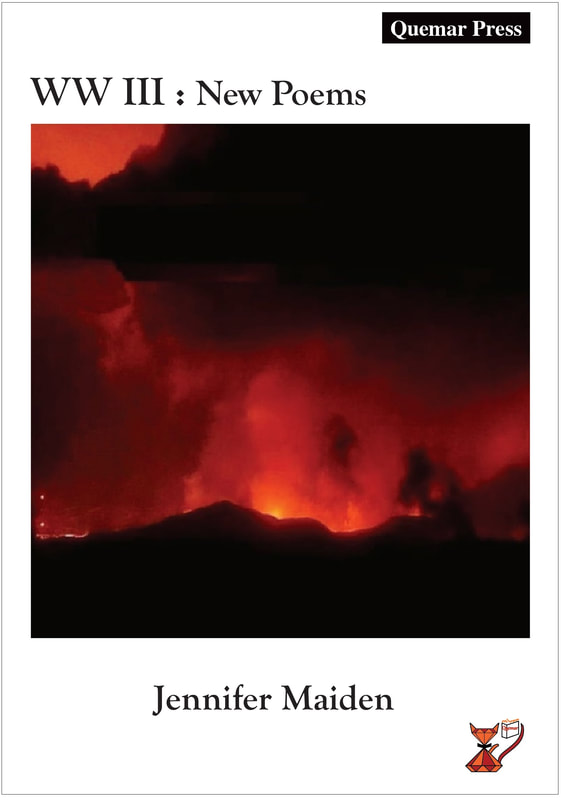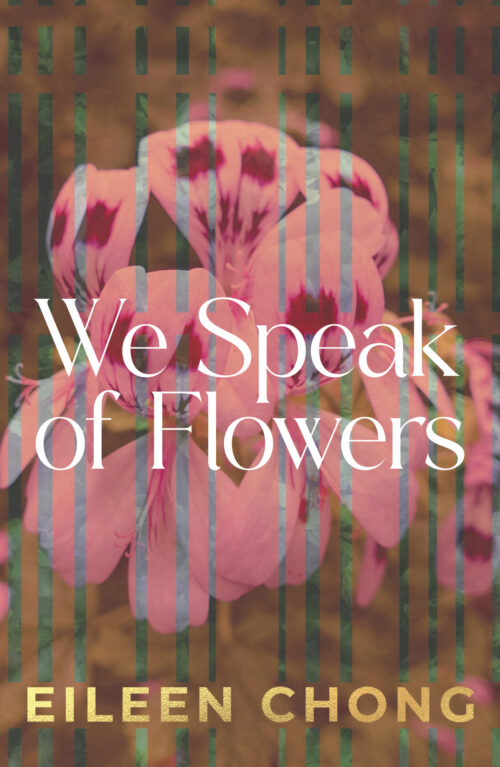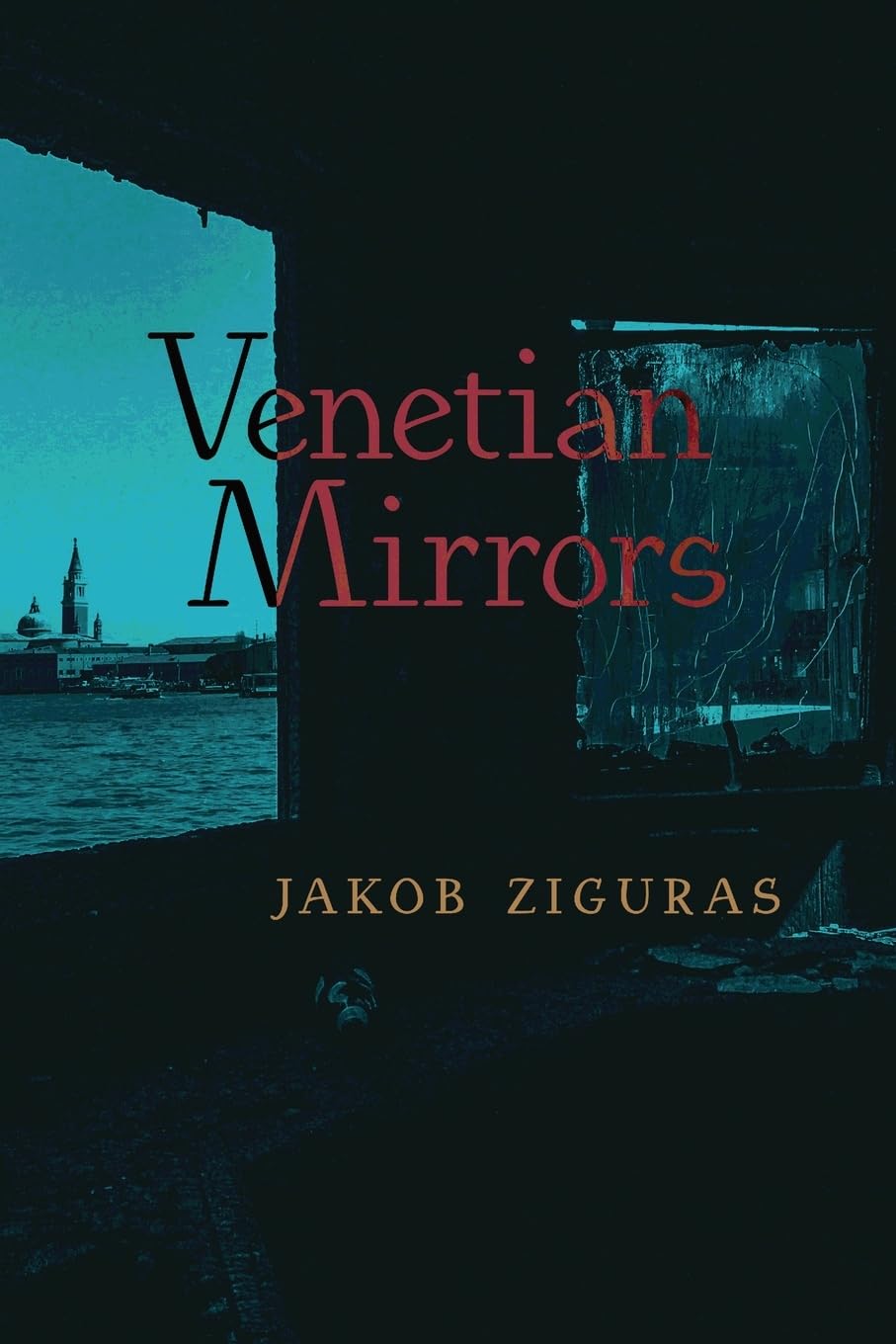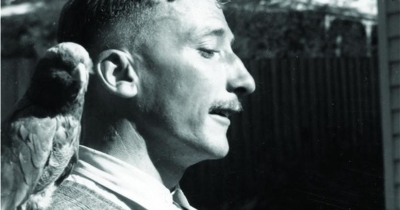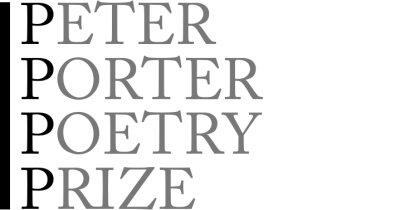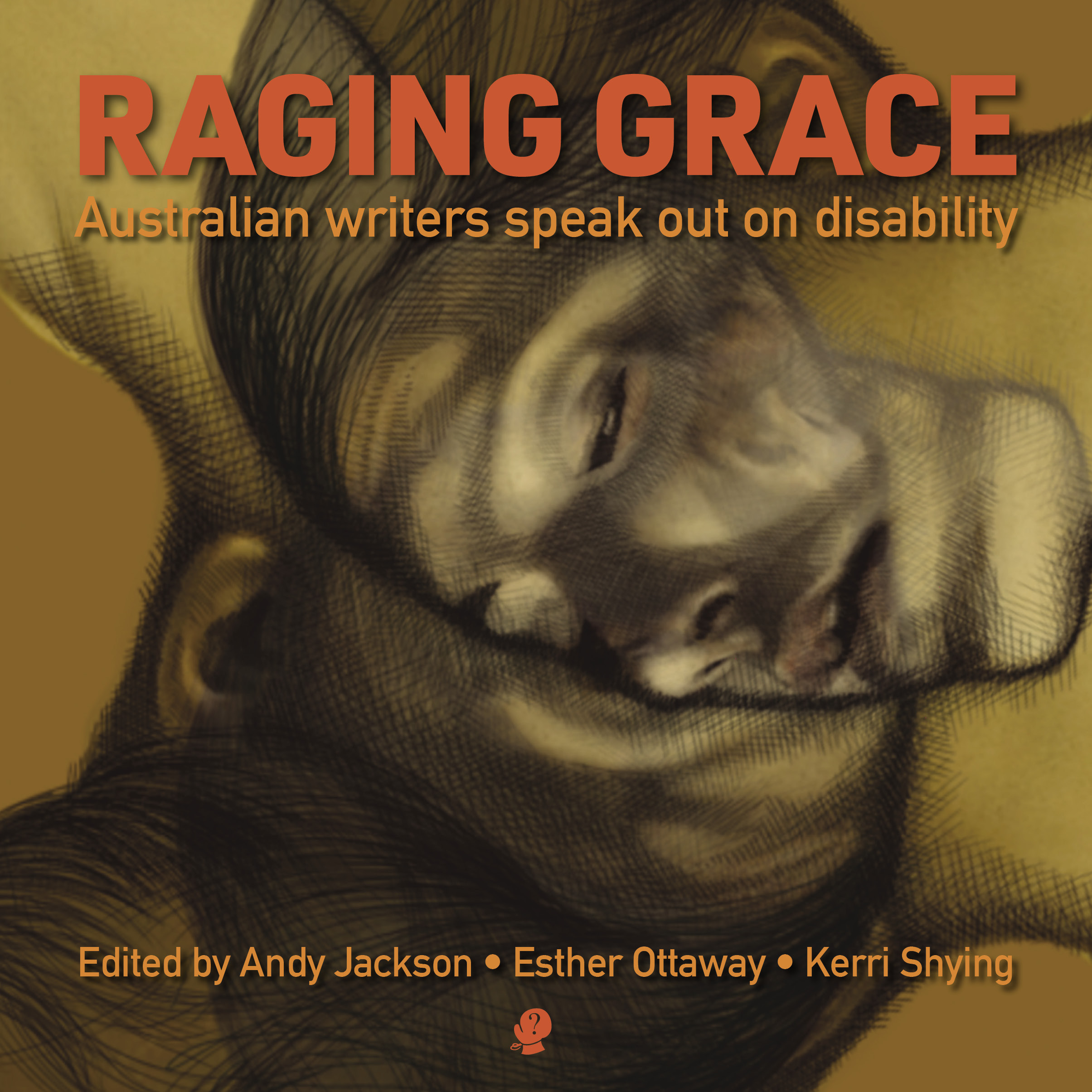Poetry
At the Louvre: Poems by 100 contemporary world poets edited by Antoine Caro, Edwin Frank and Donatien Grau
This week on The ABR Podcast, we bring you a special poetry feature. With Peter Rose’s imminent departure from Australian Book Review and the publication this month of his seventh poetry collection, Attention, Please! (Pitt Street Poetry), 18 poets and critics read from Peter Rose’s extensive body of work, dating back to 1990. Readers include Sarah Holland-Batt, Lisa Gorton, Stephen Regan, Morag Fraser, John Hawke, and Peter Rose himself, who reads a poem inspired by his late friend Peter Porter (pictured above).
... (read more)February 8 will mark the centenary of the birth of Francis Webb (1925-73). Many will ask ‘Francis who?’ as I did at the start of my PhD on Christian mysticism in Australian poetry, when Petra White told me, ‘You have to read Francis Webb.’ I soon found myself reading the 1969 edition of Webb’s Collected Poems in a Richmond café. It was a sturdy, well-thumbed Angus & Robertson hardback with a purple, pink, and white cover bearing a quote from British poet and critic Sir Herbert Read: ‘A poet whose power, maturity and universality are immediately evident.’ In his five-page preface, Read examined Webb’s debts to Robert Browning, Gerard Manley Hopkins, and Kenneth Slessor, before concluding:
... (read more)Read the five shortlisted poems for ABR’s 2025 Peter Porter Poetry Prize.
... (read more)





